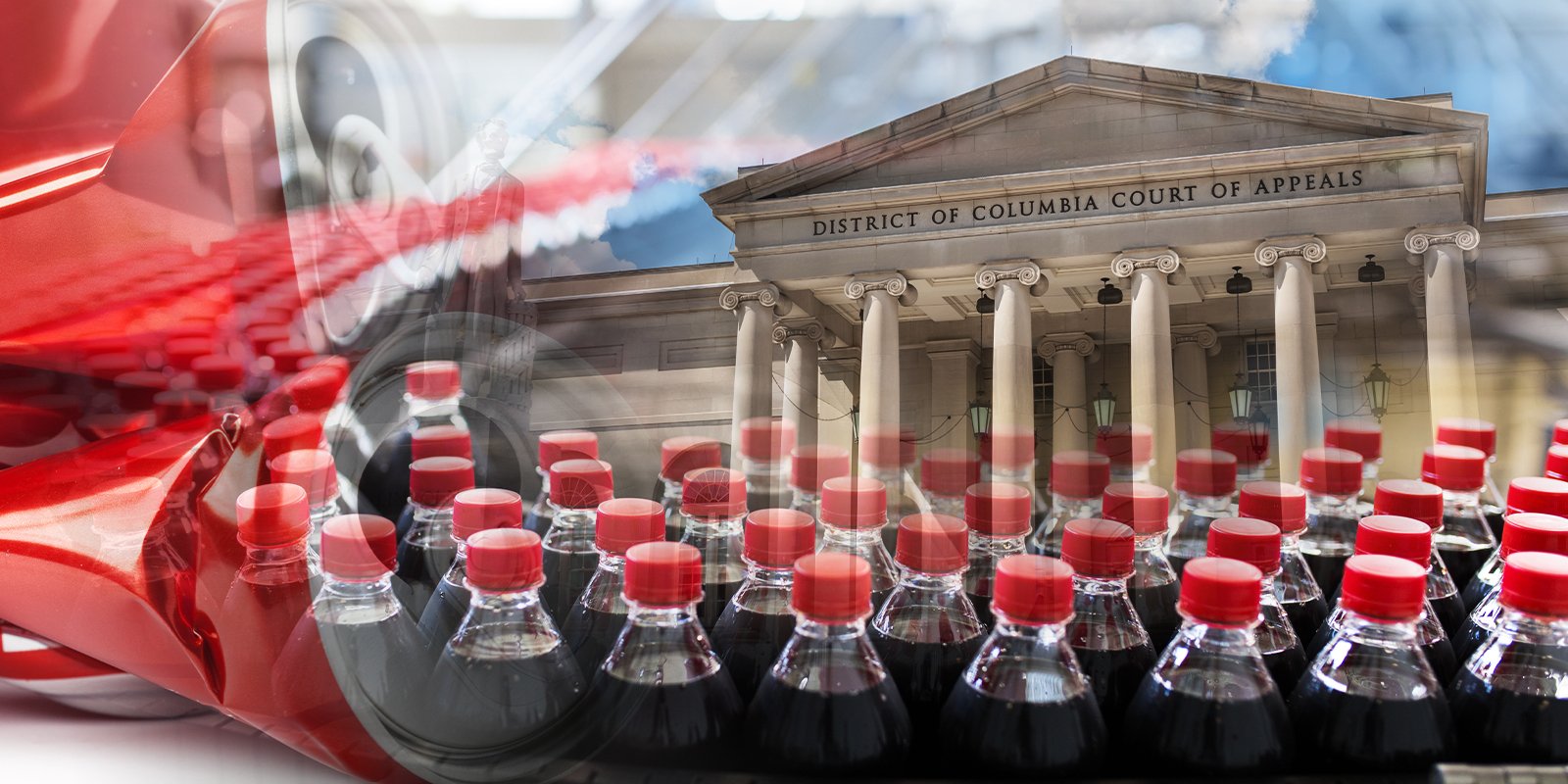
D.C. Appellate Court Revives Case Against Coca-Cola, Placing "Sustainability" Claims Under Scrutiny
In reversing a lower court ruling, the D.C. Court of Appeals makes actionable vague, aspirational statements of sustainability as deceptive and misleading representations under the D.C. Consumer Protection Procedures Act ("CPPA").
In 2021, the Earth Island Institute sued Coca-Cola, alleging that Coca-Cola's marketing misled consumers into thinking that its business is or is becoming environmentally sustainable despite Coca-Cola's reliance on single-use plastics and touting recycling as a solution. The superior court dismissed the claims, finding that Earth Island had failed to state a claim because: (i) Coca-Cola's statements were "aspirational in nature" and therefore not in violation of the CPPA; (ii) statements regarding "corporate ethos, hopes, and philosophies" in corporate communications could not be considered "part of the product itself" and therefore could not serve as the basis for claims under CPPA; and (iii) "[e]ven taken together," Coca-Cola's statements were "aspirational, limited, and vague such that, as a matter of law, such statements cannot be misleading." On August 29, the D.C. Court of Appeals reversed, construing Earth Island's complaint as a classic "greenwashing" claim and holding that a company's aspirational statements could deceive consumers about its sustainability efforts and thus be a predicate for a deceptive marketing claim.
The appellate court found Earth Island's claims plausible because Coca-Cola's suggestive statements that it is a sustainable company would be misleading if its recycling efforts cannot actually offset the greater environmental harm from mass producing single-use plastics. The court cited Earth Island's arguments that under 10% of recyclable plastics are actually recycled and most single-use plastic end up as waste. In addition, the court noted that Coca-Cola's stated environmental goals of achieving 100% recyclable packaging by 2025 and 50% recycled materials in packaging by 2030 could deceive if Coca-Cola had not attempted to progress towards achieving these benchmarks.
In overturning the trial court, the appellate court held that aspirational statements on a company's website or Twitter feed (now X) can be considered in the aggregate to support a claim that a company has made a misleading statement and thus can be actionable under D.C.'s consumer protection law.
The appellate court warned that "businesses cannot insulate themselves from suit simply by avoiding concrete claims." Thus, according to the court, even ambiguous aspirational statements, such as Coca-Cola's remarks about creating a "more sustainable and better shared future," can be actionable. While failing to meet some stated sustainability goals would not be actionable under the decision, never intending to meet them could support a viable misrepresentation claim. Analyzing the specific statements at issue, the court found that Coca-Cola's statements were not mere puffery, but representations that could lead a reasonable consumer to believe that Coca-Cola will meaningfully improve its environmental sustainability.
As a result of the decision, companies should review their sustainability initiatives to analyze whether they may be susceptible to similar claims under consumer protection laws.






